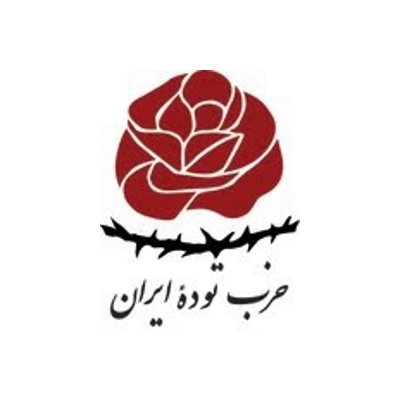I’m not a native German speaker obviously, but doesn’t “Das Kapital” translate to “THE Capital”?
Also, English-speakers should call it just “Capital”. Calling it “Das Kapital” is just propaganda to make the title sound more menacing than it is.
German basically always uses an article, including when English wouldn’t.
how else would you know if capital is a boy, girl, or neuter?
the 3 genders
you forgot femboy, tomboy, and intersex… oh and non-binary i guess… probably more
you forgot femboy, tomboy, and intersex… oh and non-binary i guess… probably more
because “The Capital” means one distinguished type of Capital in English but it doesn’t carry that meaning in German. Capital is the correct translation.
I prefer Das Kapital, tbh.

Huh. I don’t know why I posted that emoji.
It just looks nice.
BOTW FTW
It fits though. Like you just dropped a hot controversial take and then immediately jumped off a cliff and glided away. Reading replies is for losers.
Was my take that hot and controversial?
I kinda just made both of the above comments in the span of, like, 30 seconds, it feels like and then went away to do something else entirely.
Sorry if I was rude.
Nah. I was just describing how it fit in the context
Oh gotcha!
Marx wrote it in german and called it that
Der Achtzehnte Brumaire des Louis Napoleon von Karl Marx
smh, all those non german speakers throwing around theories. As a native german speaker I can tell you the real reason:
… it just would sound weird without it. 🤷
I prefer to just call it “Das”.
Das gut
I agree we should say Capital in English as that is just the translation. Calling it Das Kapital isn’t incorrect though as that is the original title… I think any menace you interpret from the original title is from your own personal biases (or those around you/culture). The words are German and Germans are the bad guys in a bunch of US-centric movies. Plus like 150 years and a really strong 80 years of “Das Kapital is the commie Bible!” or whatever type shit. That’s all additional cultural and personal bias though. It doesn’t change the title of the book and anyone “in the know” knows Capital = Das Kapital.
Anyway, I can read French and a decent amount of Spanish. All I can say about the article “das” is it’s very likely just one of those quirks of language. Maybe a native German speaker can say further, but there’s just a lot of things in languages that can be translated directly, but don’t make sense to be translated, so those doing the translations modify descriptions, wording, etc. to more fully and correctly capture the original meaning. Calling the book “The Capital” wouldn’t necessarily be wrong, but we tend to care less about articles in English than some other languages. Even within different English dialects some speakers drop articles. One that sticks out to me all the time is British speakers will say “I went to hospital.” Americans will say “I went to THE hospital” (or the indefinite article “a hospital”). Not an article, but Brits don’t usually say “Back at my (or the) university” they just say “back at uni(versity).”
It’s just a style thing ultimately, I think. Marx wasn’t writing about the capital of his friend. He wasn’t writing about capital within a single nation. He was writing about Capital with a capital (goddamnit) C. The big daddy Capital. The entire concept of circulation, commodities, trade, the history of money, labor, ownership. In that sense, The Capital sort of makes sense, but still just an awkward title I suppose
German and English treat abstract nouns somewhat differently. In the singular, German attaches the definite article to certain kinds of abstraction, while English does not: e.g., Die Liebe versagt nie (Love never fails). Yet one can also say, Kinder brauchen Liebe (Children need love). In other words, the German employs the article when naming a unique abstract quality (die Liebe) and omits it when labeling an individualized quality or entity whose form or quantity is of importance (Liebe). Put another way, die Liebe refers to the absolute category of love, while Liebe designates a specific kind of love. The English structure does not mark this differentiation.
From here
Ancient Greek also uses the article for abstract nouns, and also for proper names. The wisdom; the Socrates.
deleted by creator
It’s “El Capital” in Spanish too. “Capital” by itself sounds weird and I imagine it’s the same case in German.
Whenever I see “Das” I read it in an American game show host voice. “That’s Capital!”
That’s So Capital
Das no good
“Das Kapital” is like “The concept of capital”, articles are required for every noun and dont carry more meaning. In english the difference between talking about the concept of something and a realization of the concept is signified by the ommision or usage of the article. In german nouns need articles always.
Yeah, all the real heads call it “Capital,” and Germans do love to put articles in front of every noun.
Wiederholen sie auf Deutsch, bitte.
Because das ist gut
It’s called “The Capital” in other languages, “Kapitalet” in Swedish. Capital would just be “Kapital”.
I think languages that don’t really go article crazy like the Germans just call it Capital. In Japanese, it’s 資本論. It’s probably something similar in Chinese.
Chinese doesn’t really have definite articles













